On the “Trump Norm” to spend 5% of GDP for defense and the public opinions reactions.
On the “Trump Norm” to spend 5% of GDP for defense and the public opinions reactions.
From Brussels, Belgium
End of June, NATO celebrated its summit of Heads of State in the Dutch city of Den Haag. The organization’s Secretary General is Mark Rutte, a former Dutch Prime Minister.
Given these facts, let’s ask a Dutch politician on his views of the summit and its decisions. Jimmy Dijk is member of the House of Representatives and leader of the Socialist Party. His party received 3.15% of the votes and gained 5 seats in the most recent elections of 2023.
First of all, there is a NATO summit in your country. What’s your opinion about that?
Well, world leaders are debating over what norm percentage of GDP each country must spend on militarization, the NATO norm. But in Holland we call it the Trump norm, because Trump called out for 5% and then the Secretary General Mark Rutte, the old president of the Netherlands, said that countries should cut on their budget, on health care, on education, on social service.
So, we’re not okay with that. Because on one hand, a further militarization doesn’t bring any peace, and on the other hand it will bring division and uncertainty for people because of the cutting off social services and social health care, and it will destroy our welfare state.
How is the Dutch public opinion reacting to these ideas, also coming from a former Dutch prime minister?
If you see, if you watch on the television and you open newspapers, then there are a lot of generals, a lot of politicians who support the militarization. So that’s one part of the information that people get.
On the other hand, if you talk to people about higher spending on militarization which will bring cuts to social health care and social services then they’re not okay with it. Three-fourths of 75% of the people don’t want those cuts.
So, the politicians, yeah, they’re actually lying to people that this is necessarily needed for safety. But when you talk with people about the cuts on social services, they’re not okay with it. So that are the stories of the streets instead of the politicians and the generals on TV. Actually, that caught my attention, the generals on TV.
Is there a militarization of media in the Netherlands?
Well, if the media are looking for information about spending on militarization, they will ask generals on their table. And I once did some research on the television. I took the three biggest talk shows in the Netherlands and 25 of the guests who were invited to speak about war were generals or politicians for militarization and only four had like a critical opinion next to it.
So, then you see that also in the media you had all the images of war around all the world. The simple logic in their head that we should militarize is not the way. And that’s why in my speech I talked about we need to talk about people in the streets, on schools, on the workplace, about what does it mean to bring peace and safety. It means that you don’t need more weapons, you need fewer weapons, you need more diplomacy and more social services instead of in some weeks turn our European welfare states into a war machine. That’s what’s happening right now.
You also said that this is a change of the European welfare model into a war machine. Can you explain that?
Yes, if they do budget cuts on social welfare, on our education, on our health care, on our public transport, on climate change, there will be cuts in there. So in several weeks, those cuts will be made into our social system, in our welfare states. And in many weeks they will turn it around into a war machine. So every euro spent on health care, that will be spent on the war machine, on militarization.
So, every euro spent on health care, that will be spent on the war machine, on militarization. It doesn’t make our world safer. It makes people uncertain and weapons don’t provide peace.







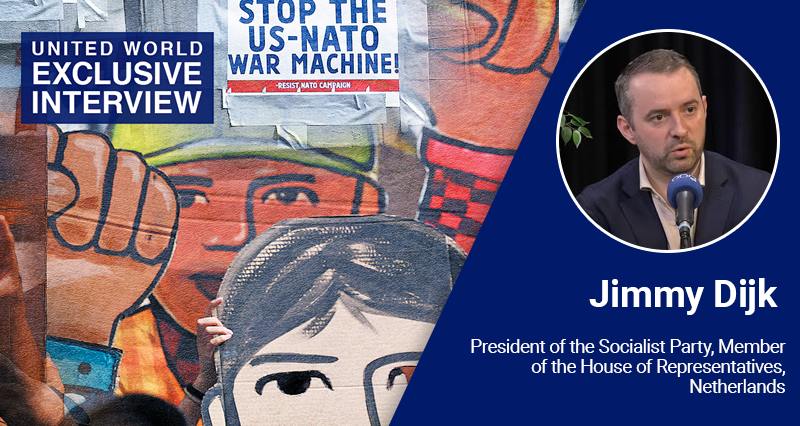
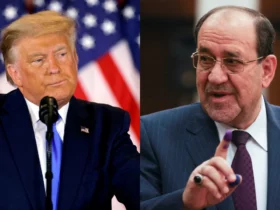
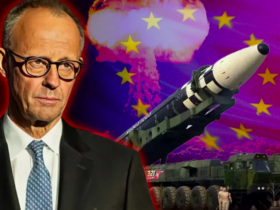
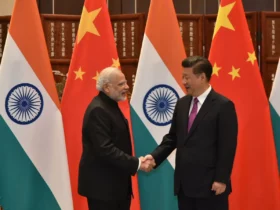
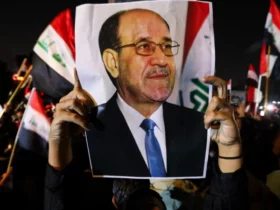
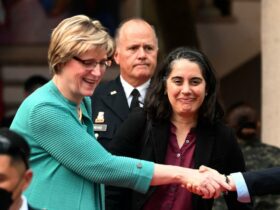
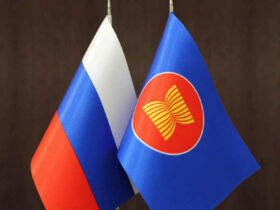


Leave a Reply